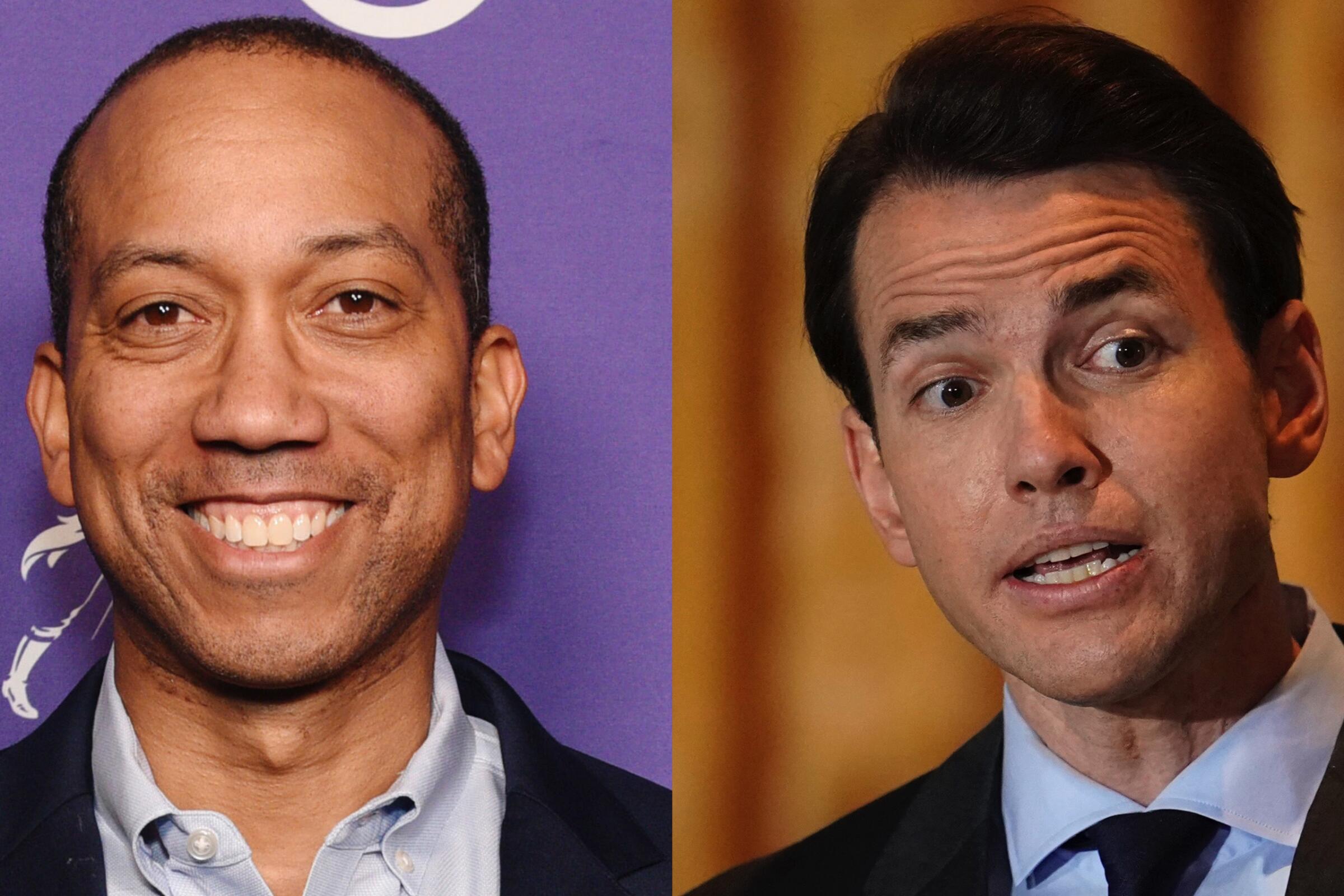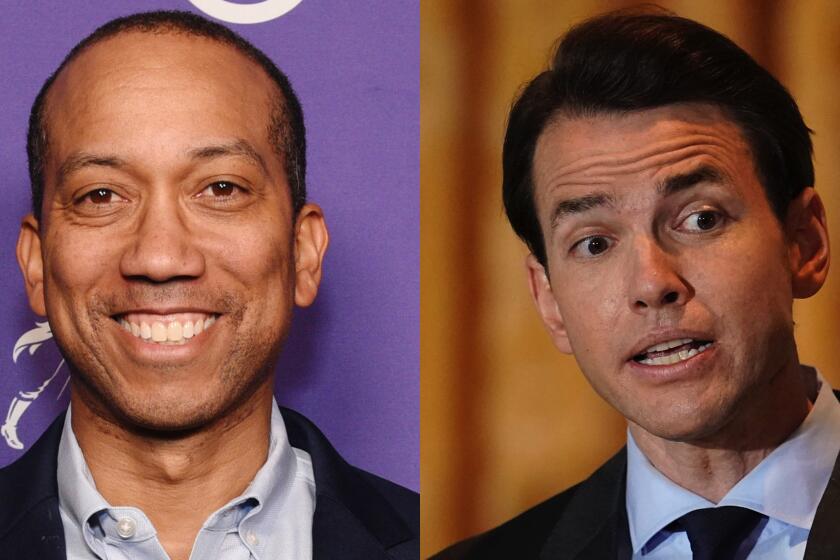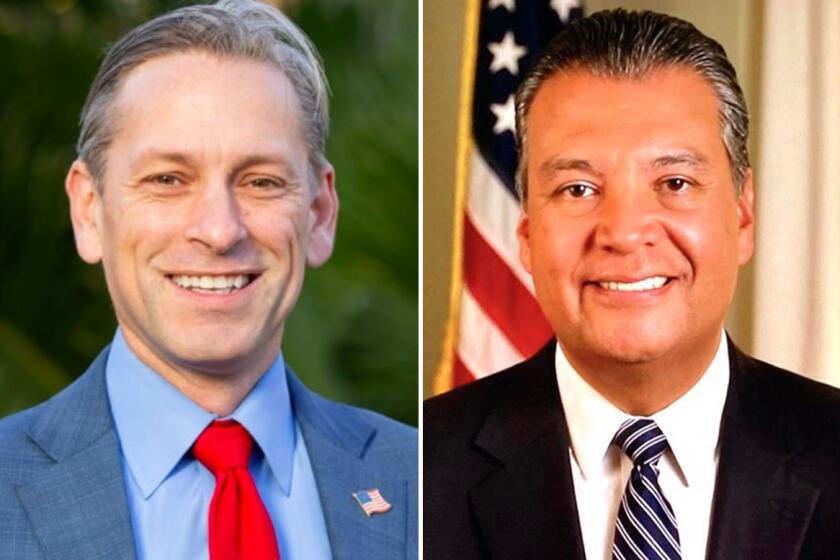Get the L.A. Times Politics newsletter
Deeply reported insights into legislation, politics and policy from Sacramento, Washington and beyond. In your inbox three times per week.
You may occasionally receive promotional content from the Los Angeles Times.
Hannah Fry covers breaking news for the Los Angeles Times. She most recently covered Orange County for The Times and has written extensively about criminal trials, housing, politics and government. In 2020, Fry was part of the team that was a Pulitzer finalist for its coverage of a boat fire that killed 34 people off the coast of Santa Barbara. Fry came to The Times from the Daily Pilot, where she covered coastal cities, education and crime. An Orange County native, Fry started her career as an intern at the Orange County Register.
Priscella Vega is a former staff writer for the Los Angeles Times. Since joining The Times in 2019, Vega has covered breaking news and the Inland Empire for Metro and worked with the obituaries team to chronicle the legacies of California luminaries. She previously worked for the Daily Pilot, the Daily Breeze and the Long Beach Press-Telegram. Vega earned her journalism degree at Cal State Long Beach. She is based in the San Gabriel Valley.
Terry Castleman is a data reporter on the Fast Break Desk covering breaking news. In 2020, he was named alongside his colleagues as a Pulitzer Prize finalist in explanatory reporting. Previously, he worked at the New York Times and volunteered as a first responder for refugees arriving on the shores of Lesvos.


















